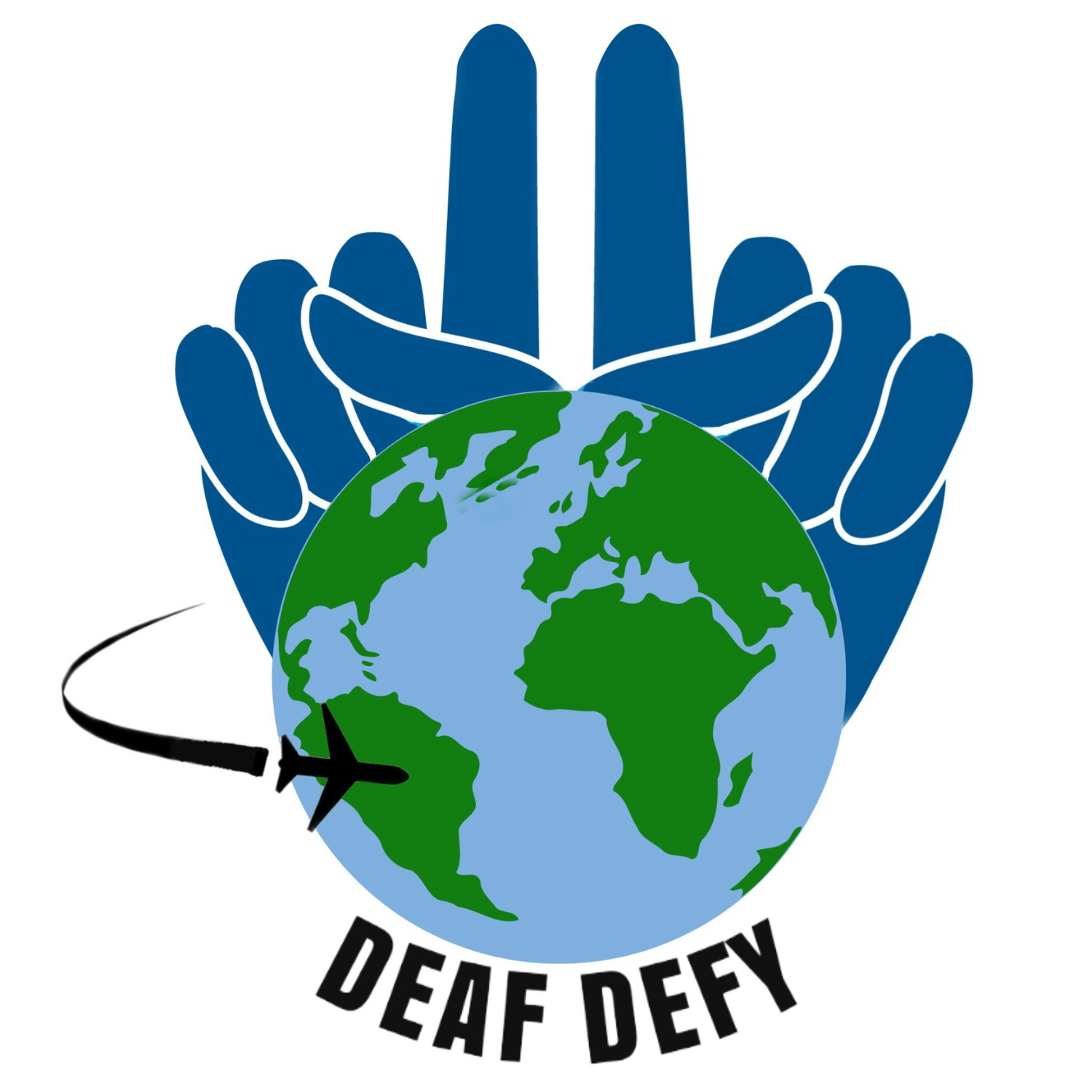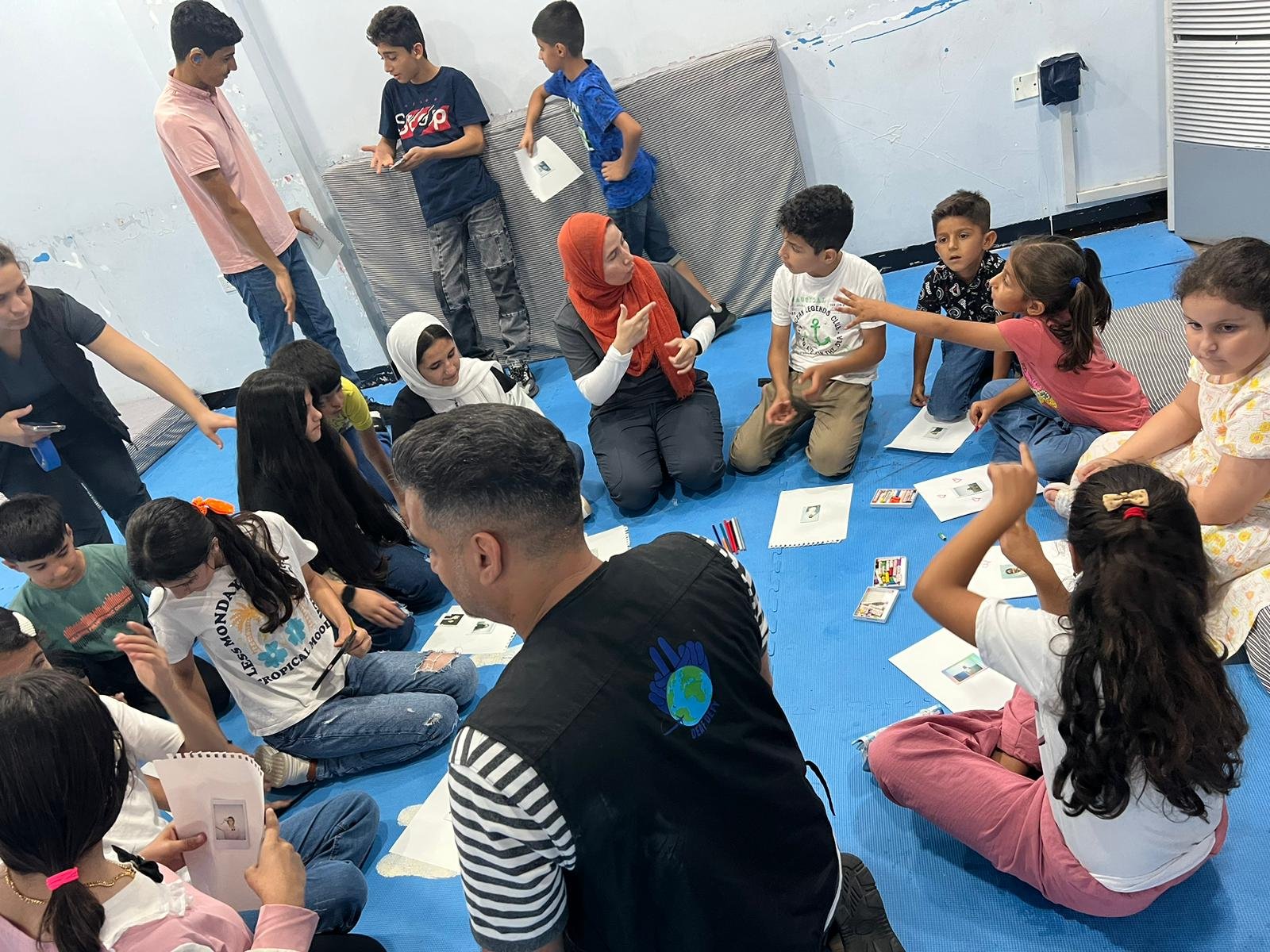What We Do
It Starts in the Audiology Room
Our patients all begin in the audiology room, where they receive otoscopy, audiometry (with conditioned play, if needed) and tympanometry. Our audiologists ensure that the ears are healthy; they check hearing levels and determine the appropriate type of amplification.
Next: Hearing Aids
Once the testing is complete, another audiologist begins fitting the patient with hearing aids. Most patients require bilateral aids, which can be a lengthy process. Our doctors engage the kids every step of the way: showing them tools, encouraging them to explore the material and getting them involved with the mold-making.
Once it’s time to pick the ear mold color, our audiologists begin building Deaf Pride. They encourage children to pick a bright, vibrant color while our Deaf specialists show off their own colorful ear molds. During this process, we speak with the often-apprehensive parents about the importance of taking pride in one’s Deafness and celebrating every aspect, including hearing aids. In this way, we’re fighting a slow, subtle battle to encourage disability acceptance, love and pride.
And Finally: Language
Once our patients receive their hearing aids, they enter the final room. Here, they sit with a language specialist and begin working on language. Some kids, already fluent in a signed or spoken language, only need a little help fine-tuning their skills. Most kids, though, need a lot more help.
Many patients come to us so severely language deprived that they don’t even know their own names. They can’t sign or say “Mama” or “Baba.” They can’t ask for food or water. They live a life of severe isolation.
And so we get to work. We use language boards, toys and tools to teach them that they can talk with their hands and hear with their eyes. We teach them how to sign their wants and needs. We teach them “Mama” and “Baba.” We teach them their names. It’s in this room where our patients begin developing a sense of identity.
Ensuring Sustainability
In order to ensure long-term sustainability, our team also trains local teachers, social workers and audiology students.
Through partnerships with local Deaf schools and ministries of health and education, we deliver intensive lecture series to teachers and social workers. Our lecture series cover topics ranging from Deaf Rights and Accessible Urban Design to Educational Methods for Autistic Students, Meeting the Needs of the Deaf-Disabled and so much more.
Delivering Fun
In 2023, our programming expanded once more through the addition of our Camp Deaf Defy program. Camp Deaf Defy is a sign language intensive summer camp that serves Deaf children ages 5 to 19yrs living in refugee camps and areas of conflict. Through this camp, we teach communication skills, STEM, self-defense and empowerment and leadership skills.





